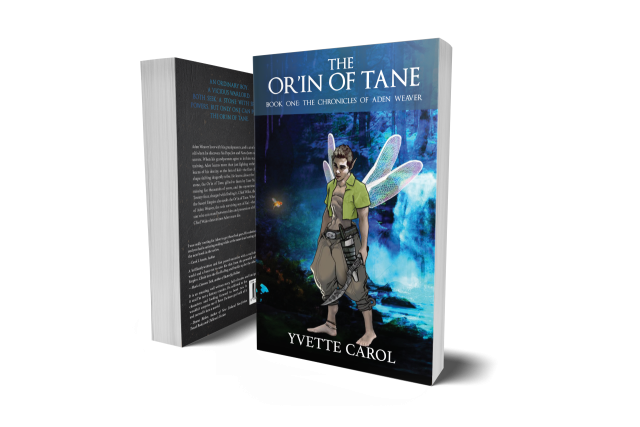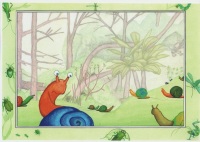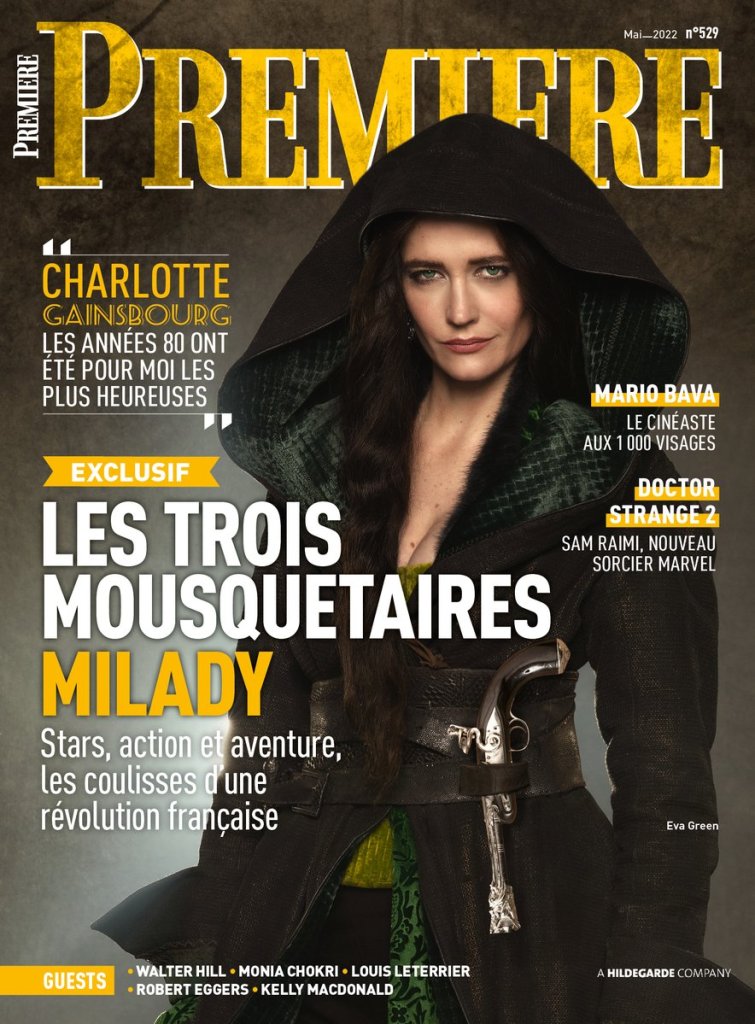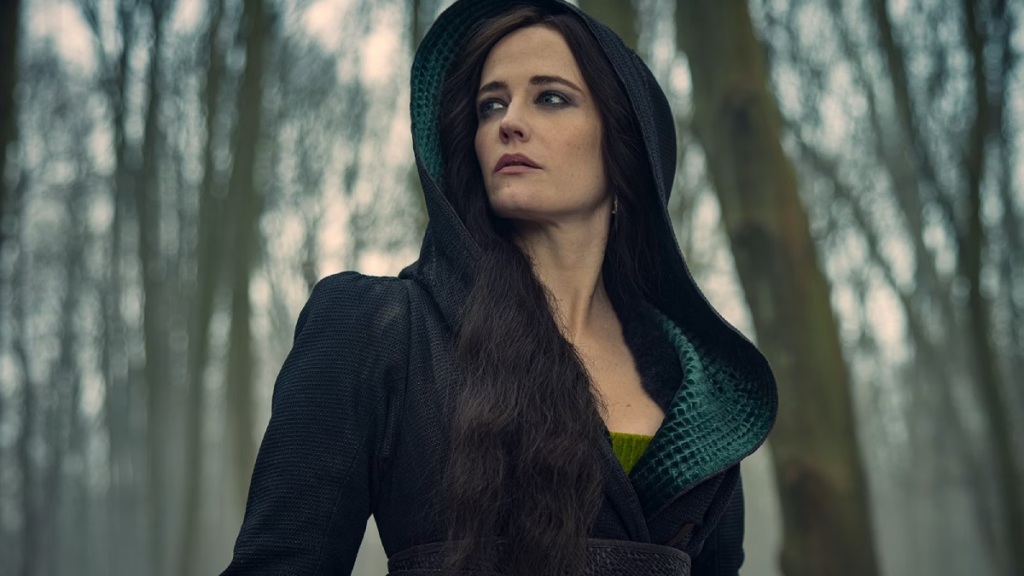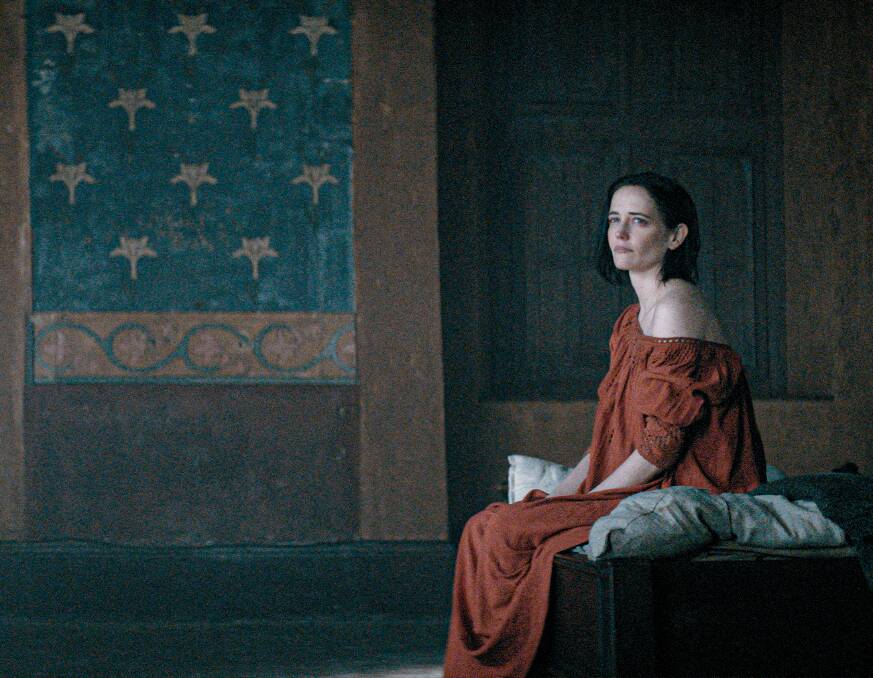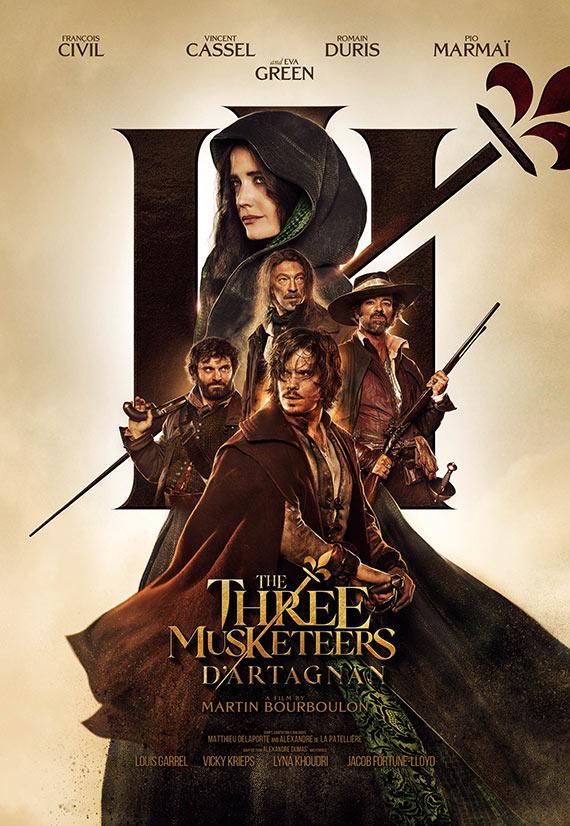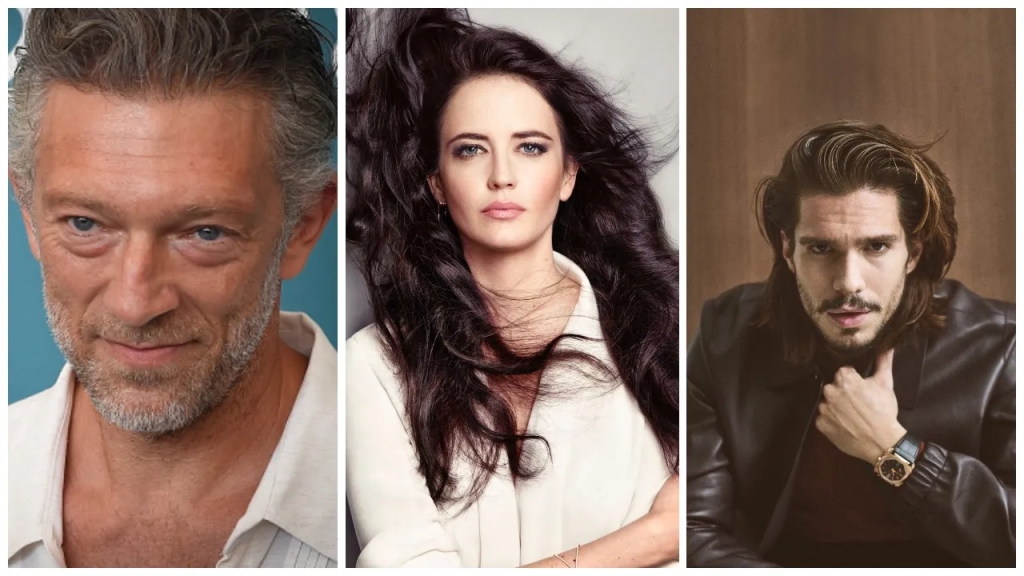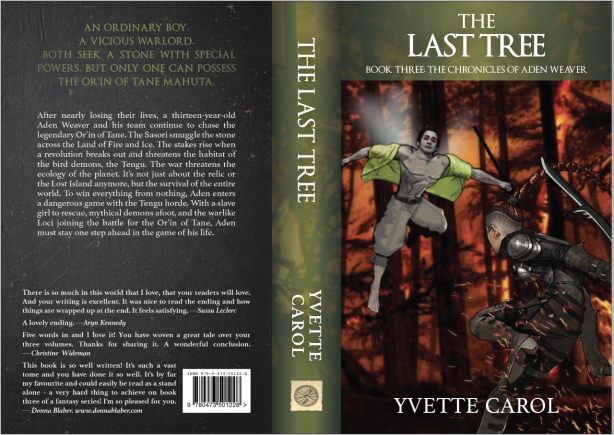*Disclaimer: I am not a film reviewer. I am just a person who saw a cool film and wants to talk about it.
Last weekend we went to our second movie of the French Film Festival, The Three Musketeers: Milady, follow-up to the hugely successful The Three Musketeers: D’Artagnan. The action-adventure film, Milady, was released in 2023. Both films were co-produced by France, Germany, Spain, and Belgium, costing $78 million. The epic budget shows in every frame, from the awe-inspiring sets to the comprehensive period details to the most magnificent horses I’ve ever seen on screen (650 horses were used in the production). The cinematography is exquisite and pays homage to France in a way that makes you long to go there.
Having already been primed by Part One: D’Artagnan, there was an instant audience ready for Part Two, and Milady sold over 2 million tickets in France alone. The film received good reviews and subsequently took six nominations at the 2024 César Awards, (winning one for Best Production Design – and so it should have done).
Milady picks up where the first film left off, with D’Artagnan knocked unconscious after the abduction of his girlfriend, Constance. He wakes in a box being taken by wagon to be tortured by agents of Gaston, King Louis XIII’s younger brother. In the process of his escape, D’Artagnan stumbles across another prisoner, Milady de Winter. Curiously, it is never explained how this mysterious agent of the evil Cardinal Richelieu survived the fall off a precipice which removed her from the picture in Part One. There is no possible way anyone could have survived such a fall. Yet, here she is alive. How? We don’t know and apparently don’t need to know. It remains an irksome unanswered question in the background.
Of course, D’Artagnan, being the hero has to save her. Milady escapes with him, and being the hussy she is quickly attempts to seduce him, getting spurned for a second time. She takes off, and D’Artagnan gets recaptured by Gaston’s forces and has to escape again. Meanwhile another musketeer, Athos visits his family chateau to see his five-year-old son, Joseph. Athos tries to prepare his son for his possible death in the campaign against the Protestant forces, Joseph gets upset and asks his father to promise to return to him. Athos gives his word.
King Louis XIII launches a war against La Rochelle, a Protestant stronghold on the west coast of France. To this end, he sends D’Artagnan and the musketeers, his elite army unit, under the command of Captain Treville. The troops amass, surrounding La Rochelle. In the army camp, the incorrigible Milady de Winter makes yet another attempt at seducing our hero. But in the process of undressing, D’Artagnan finds a fleur-de-lis brand on her shoulder and realizes she is the same “dead” wife Athos has been mourning for years.
To break the siege, D’Artagnan and a small force of musketeers storm the castle during the night. But, as with every other twist and turn of this movie, skulduggery and doublecrossing are afoot. They find they have been betrayed.
When Milady is foiled in her attempt to assassinate the Duke of Buckingham, she is sentenced to hang. Of course, she wriggles her way out and despite the best efforts of D’Artagnan to kill her, she vanishes. In the end, the musketeers bring evidence that proves Gaston was plotting against the king. While the others celebrate, Athos leaves to fulfill his promise to his son. But Joseph has been taken from his bed. An earring has been left in Joseph’s place that belonged to Athos’s wife, Milady de Winter. And would you believe, that is the end of the movie?
The audience around us immediately started talking. We were asking each other, ‘Is that it? Or is there a 3rd movie?’ Unknown. But come on, any storyteller worth their salt knows you raise questions at the start, and by the end, you’re expected to resolve them. There are directors these days, however, who don’t feel constrained by such obligations.
I’m of two minds after watching Milady. Compared to the lush feast for the senses that was D’Artagnan, Milady was much more sinister fare. It was tense, often scary, and the Milady character was a constant thorn in everyone’s side. Whereas in the first film, the fighting and political intrigue were balanced by moments of humour between the musketeers and the sweetness of D’Artagnan’s romance with Constance. In Part Two, the humour was there at times which was great, but there were not enough beauty moments to counterbalance the tension.
What of our missing heroine? At the end of Part 1 Constance had been abducted, D’Artagnan spends Part 2 searching for her, but when he does find her briefly at the end of this film it’s not a happy ending. The whole audience held its breath, like no, you’ve got to be kidding. We waited the whole movie for this? I guess in the 18th century when Dumas was writing, there was no need for happy endings. The lady sitting to my left said at the end, that she had watched both films hoping to understand the story yet was still at a loss. I found it the same way. A convoluted web for the mind it was. I walked away feeling my distaste for tragedies firmly reinforced. Yet, that aside, the production values still trumped everything. The sheer majesty of the sets and costumes was incredible and tended to linger in the mind’s eye long after the credits rolled. Does cinematic grandeur make up for endless fighting, strife, doublecrossing, and unremitting tragedy? Your choice. As for me, I remain undecided.
Happy moviegoing, everyone!
Talk to you later.
Keep creating!
Yvette Carol
“Constance is not portrayed as a passive woman and her relationship with D’Artagnan is filled with respect and consent.” ~ Francois Civil
Subscribe to my newsletter by emailing me with the words Newsletter Subscription in the subject line to: yvettecarol@hotmail.com

